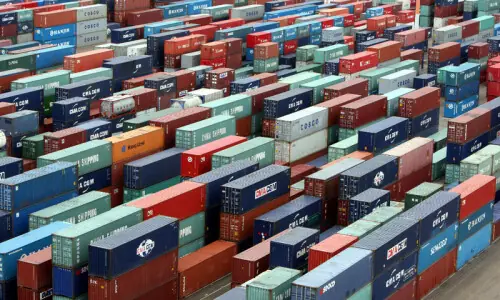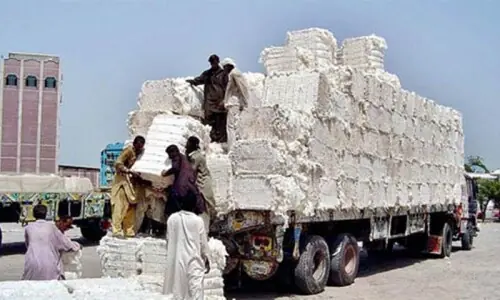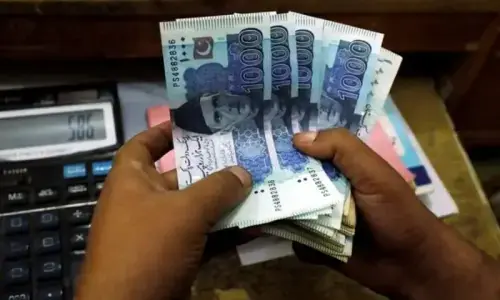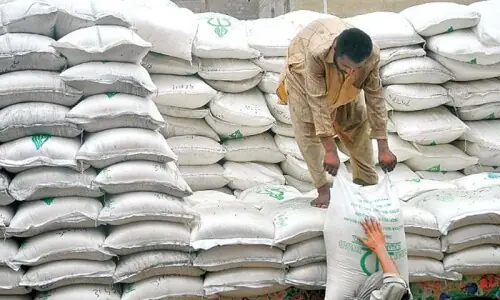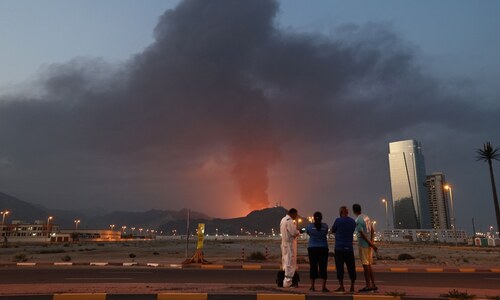THE state minister for IT continues to waffle. On Sunday, Shaza Fatima Khawaja was back on TV screens, categorically denying her government’s responsibility for the anaemic internet speeds being experienced by millions of users across the country.
The frequent, unannounced degradations in internet connectivity, widely suspected to be a consequence of the opaque firewall technology being secretively implemented by the state, was, in fact, due to more people using VPNs to access the internet, the minister claimed.
“I can say under oath that the government neither shut down nor slowed down the internet,” Ms Khawaja insisted. Claiming that the issue has now been resolved, the minister then said a meeting had been set up with the Pakistan Telecommunication Authority this week to “ensure that users in the country do not face similar problems again”. But if the issue was simply more people using VPNs, why was there a need to get the PTA involved?
It is precisely because of this opacity around the new system that is being rolled out that the masses have remained deeply suspicious of the government’s words and actions. Despite the significant disruptions that have already been caused, there is still very little that is known about what exactly the authorities are hoping to achieve, what the timeline for its rollout will be, and what ordinary users can expect once the new ‘web management’ system has been implemented in full.
Consider X, which has remained inaccessible in Pakistan for the better part of this year despite no good reason being provided by the authorities. In fact, the government itself does not seem to believe in the ban on X, as everyone from the prime minister to state ministries has apparently been using VPNs to continue to access and post on the platform. When the state itself has double standards about these restrictions, how does it expect the people to respect them?
This is the main reason why VPNs have suddenly become so mainstream. Once the purview of those attempting to bypass censorship or access morally repugnant services, they are now being adopted by ordinary users as well. Now, even those who simply want to share a multimedia message on WhatsApp or would like to find out what the world is talking about on popular social media platforms must use a VPN to tunnel through to the global internet.
Therefore, while the government may blame VPNs for slowing down the internet, it should acknowledge that its own policies have pushed people down this path. The people deserve more than clueless representatives gaslighting them for suffering poor internet connectivity. At the very least, there needs to be much greater transparency about what is being done to the internet, especially since it is being done without the public’s input.
Published in Dawn, August 20th, 2024













